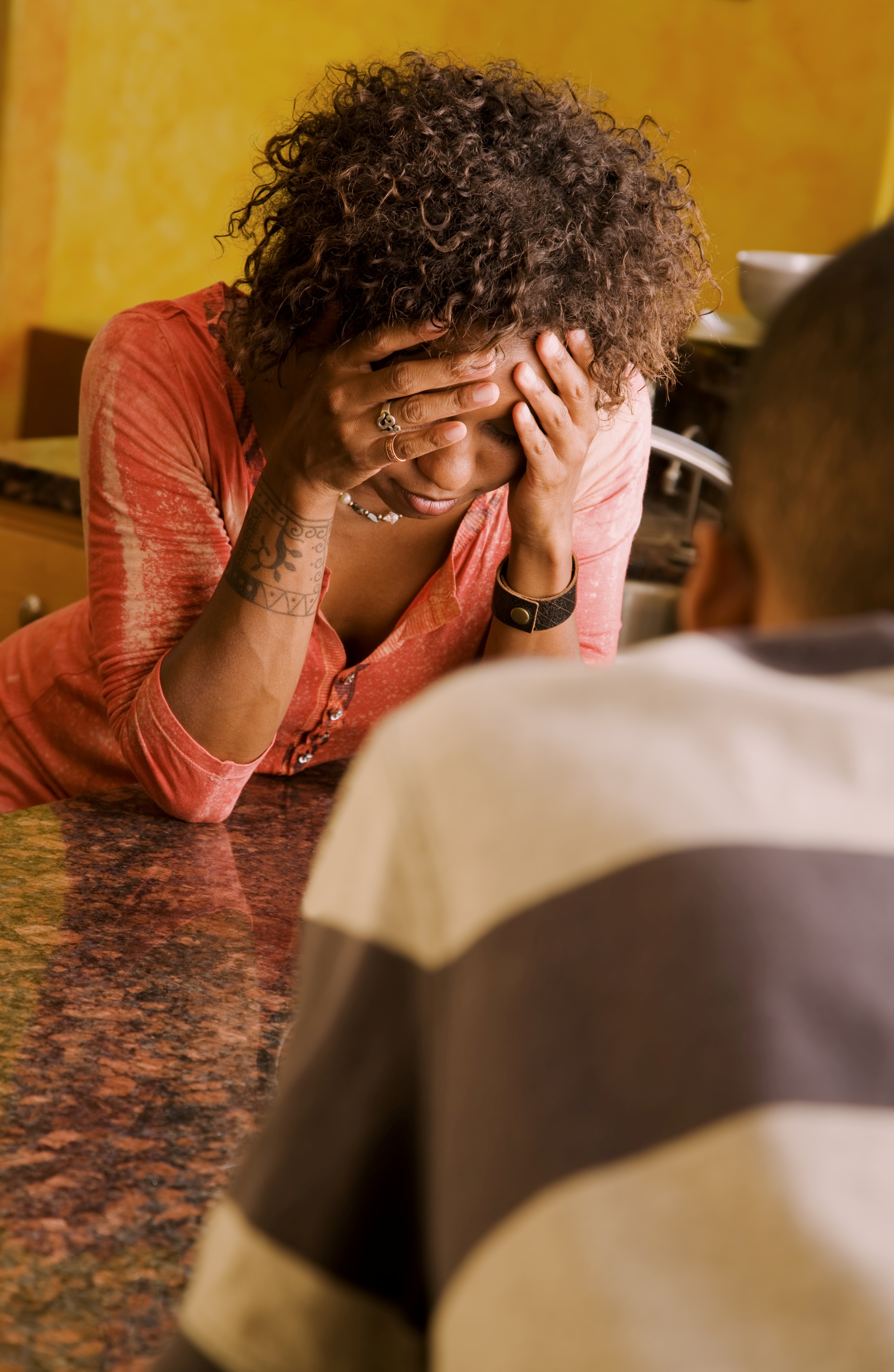Living With Blame and Guilt
Balancing Blame and Guilt During Your Journey
BlameBlame is the act of holding someone or something responsible for something that is perceived to be wrong or deserving of censure. It is an expression of condemnation for something bad that has happened that can be directed at someone else or at the psychological self. It is a human behavior which can be committed consciously or unconsciously, and it correlates to the constant making of judgments-- against others, and against self.
Blame devalues others by making the blamer feel superior to others by labeling them as "less than." By doing this, the blamer distracts from his/her own culpability by placing focus on the flaws of others.
Victims can end up being convinced of their culpability by blamers, and ultimately feel responsible for causing the negative feelings in the blamer. This can result in the phenomenon of self-blame.
Guilt is an emotional experience that occurs when a person realizes or believes (accurately or not) that he or she has crossed over his or her own standards of conduct or has violated a moral standard. In doing so, the individual internalizes feelings of bearing significant responsibility for the violation.
Psychologically, human beings respond to guilt by utilizing defenses called repression and projection. In repression, the individual seeks to suppress feelings so that the pain associated with guilt will remain distant or unconscious.In projection, the individual seeks to deny such feelings, and attributes them to others and/or the self through mislaid examples of behaviors or actions.
Self-Blame arises externally, from another individual's expression (or projection) of blame or judgment, whereas guilt arises internally, from the individual's knowledge that they have transgressed their own moral ideals and standards.
In the former, the transgression is identified by another, in the latter, the transgression is often identified by the psychological self. When dealing with self-blame, the individual must make sure that what they are feeling is not a result of the projection of someone else's blame upon them. If left unchecked, this can easily become a method of manipulation and control for others.
When dealing with guilt, evaluate whether you are holding yourself to a higher internal standard than you should. You may be expecting more of yourself than is fair or realistic.
Counseling is also helpful in dealing with both guilt and blame. Supportive responses, psycho-educational groups, and cognitive restructuring therapy (CBT) are useful services to seek.
